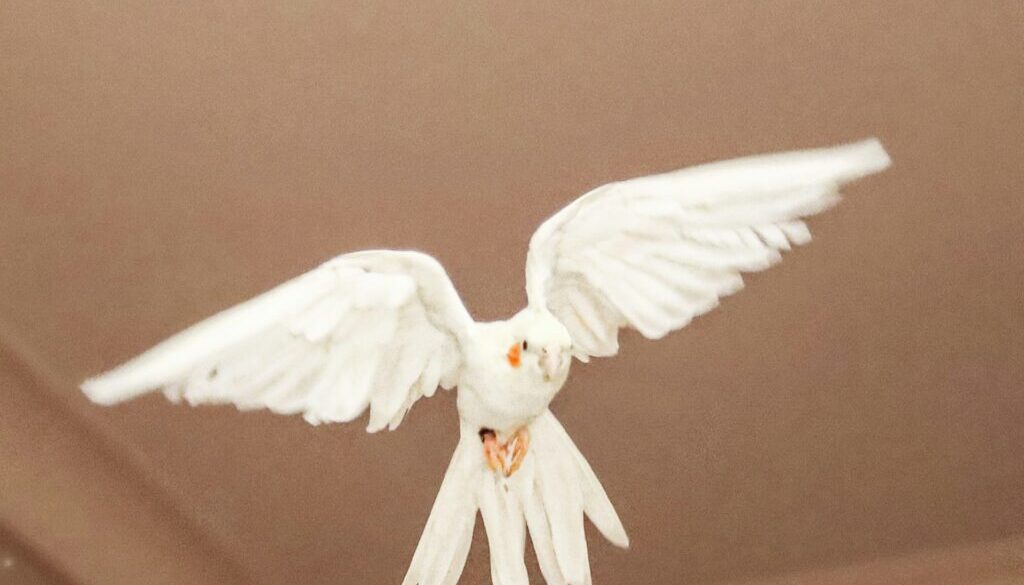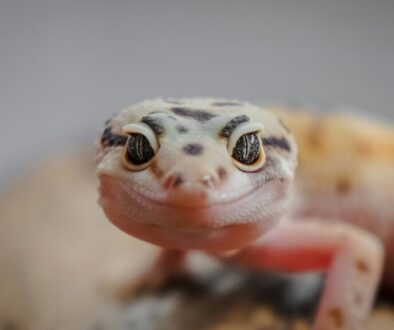Your Guide to Exotic Bird Care: Meeting Their Special Needs
If you’ve decided to bring an exotic bird into your home, you’re in for a treat. These feathered friends can be incredibly rewarding companions, but they also come with their own set of care needs. In this guide, we’ll explore the specific care requirements of exotic birds to ensure they thrive under your care.
Understanding Exotic Birds
Exotic birds encompass a wide range of species, including parrots, cockatoos, macaws, and many more. Each species has its own unique characteristics and care needs, so it’s crucial to research your bird’s specific requirements.
Proper Housing
The first step in caring for an exotic bird is providing them with a suitable habitat. Choose a spacious cage that allows ample room for movement and wing-flapping. Additionally, ensure the cage bars are appropriately spaced to prevent injury.
Feathered Friends
Socialization and Bonding: Exotic birds are highly social creatures and thrive on interaction with their human caregivers. Spend quality time with your bird each day, engaging in activities such as talking, singing, and gentle handling. Consider providing toys and enrichment activities to keep them mentally stimulated.
Dietary Needs
A nutritious diet is essential for the health and well-being of exotic birds. Consult with a veterinarian or avian specialist to determine the best diet for your feathered friend. Typically, a balanced diet includes a variety of fresh fruits, vegetables, seeds, and pellets. Avoid feeding them foods that are toxic to birds, such as avocado and chocolate.
Maintaining Optimal Health
Regular veterinary check-ups are crucial for monitoring your bird’s health and detecting any potential issues early on. Additionally, maintain a clean living environment by regularly cleaning the cage, food and water dishes, and surrounding areas.
Environmental Enrichment
Enrichment activities are vital for keeping exotic birds mentally and physically stimulated. Provide a variety of toys, perches, and climbing structures to encourage natural behaviors such as foraging and exploration. Rotate toys regularly to prevent boredom and ensure your bird remains engaged.
Handling and Training
Proper handling and training are essential for building trust and strengthening the bond between you and your bird. Approach your bird calmly and gently, using positive reinforcement techniques such as treats and praise. With patience and consistency, you can teach your bird basic commands and behaviors.
Remember, caring for an exotic bird requires dedication, patience, and a genuine love for these magnificent creatures. By understanding and meeting their specific care needs, you can provide a happy and fulfilling life for your feathered friend. Remember to always prioritize their health and well-being, and enjoy the rewarding experience of sharing your life with an exotic bird companion.


